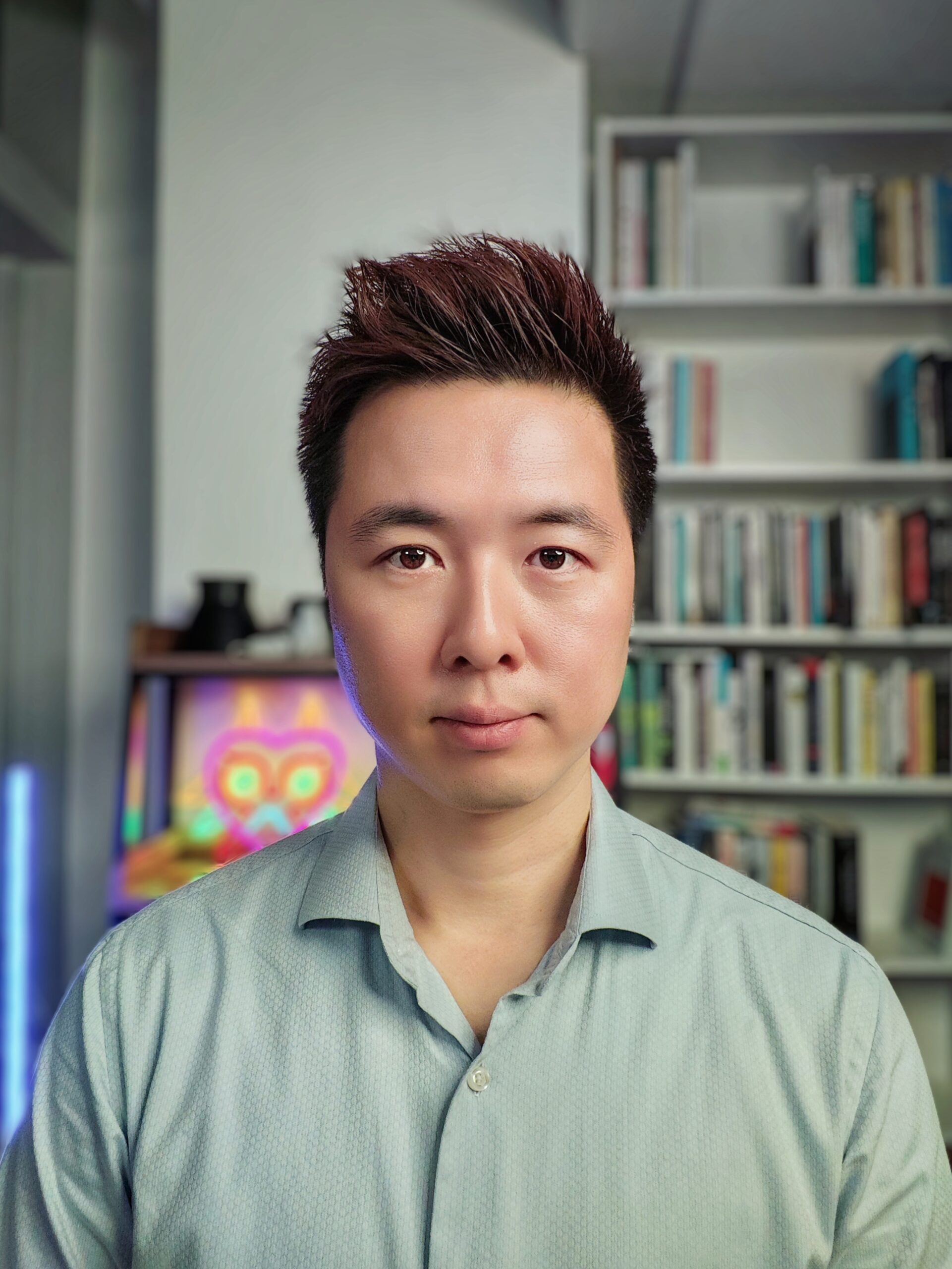Javier Cha
Assistant Professor of Digital Humanities, Department of History, The University of Hong Kong

Javier Cha is Assistant Professor of Digital Humanities in the Department of History at the University of Hong Kong. Previously, he was a founding member of the Leiden University Centre for Digital Humanities and taught at the interdisciplinary College of Liberal Studies at Seoul National University. He has been awarded more than $1.3 million in grants and fellowships from the Hong Kong Research Grants Council, the Academy of Korean Studies, the Korea Foundation, Seoul National University, the University of Hong Kong, and the Social Sciences and Humanities Research Council of Canada.
Cha is a digital historian who uses technology to explore a world one millennium ago from a novel perspective and aims to prepare today’s historical profession for an era of data abundance and automation. As a medievalist of East Asia, he applies advanced query mechanisms and large language models for machine-assisted digital readings of primary sources, facilitating explorations beyond the scope of traditional methods. Since 2019, he has operated the Big Data Studies Lab, where his team addresses the challenges posed by big data and artificial intelligence in the humanities. His collaborative research on the energetics of digital information and big data (with Ian M. Miller) will appear in the forthcoming volume of the Debates in the Digital Humanities series. Cha is also working on a retrieval-augmented compound system for AI-enhanced intellectual history of Neo-Confucianism and the French Enlightenment (with Motasem Alrahabi, Donghyeok Choi, and Glenn Roe).
Cha is the guest co-editor of the special section on “Digital Korean Studies” for Korean Studies (2023, with Barbara Wall) and the upcoming special issue on “Artificial Intelligence and the Digital Humanities” for the International Journal of Humanities and Arts Computing (2025, with Miguel Escobar Varela). He is currently writing two monographs: Yangban as Graphs: Networks of Patronage and Marriage in Medieval Korea and Future-Proofing the Past: Big Data and the Transformation of Historical Practice.
For more about Cha, please visit https://javiercha.com/.
Roopika Risam

Roopika Risam is Associate Professor of Film and Media Studies and of Comparative Literature in the Digital Humanities and Social Engagement Cluster at Dartmouth College. Her research focuses on data histories, ethics, and practices at the intersections of postcolonial and African diaspora studies, digital humanities, and critical university studies. Risam is the author of New Digital Worlds: Postcolonial Digital Humanities: Theory, Praxis, and Pedagogy (2019), and co-editor of multiple volumes including Intersectionality in Digital Humanities (2019), South Asian Digital Humanities (2020), The Digital Black Atlantic (2021), and Anti-Racist Community Engagement (2023).
Risam’s best known digital humanities project is Torn Apart/Separados, a series of data visualizations that helped social workers and lawyers locate children separated from their families at the U.S. Mexico border in 2018. Deeply committed to building global community within digital humanities, Risam previously served on the executive board of Global Outlook:: Digital Humanities, the program committee for DH 2016, and as president of the Association for Computers and the Humanities with Quinn Dombrowski.
She is the founder and director of the Digital Ethnic Futures Consortium, a digital humanities research and teaching community for ethnic studies. In addition, Risam is co-founding editor-in-chief ofReviews in Digital Humanities, a journal that provides peer reviews of digital scholarship, with Jennifer Guiliano. Risam’s next monograph, Insurgent Academics: A Radical Account of Public Humanities, situates contemporary efforts in intersectional feminist and anti-racist digital humanities within a 100+ year history of activism within and beyond academia. She is also writing a trade non-fiction book on the historical relationships between data and power, a global history from the beginning of our species.
For more about Risam, please visit https://roopikarisam.com.